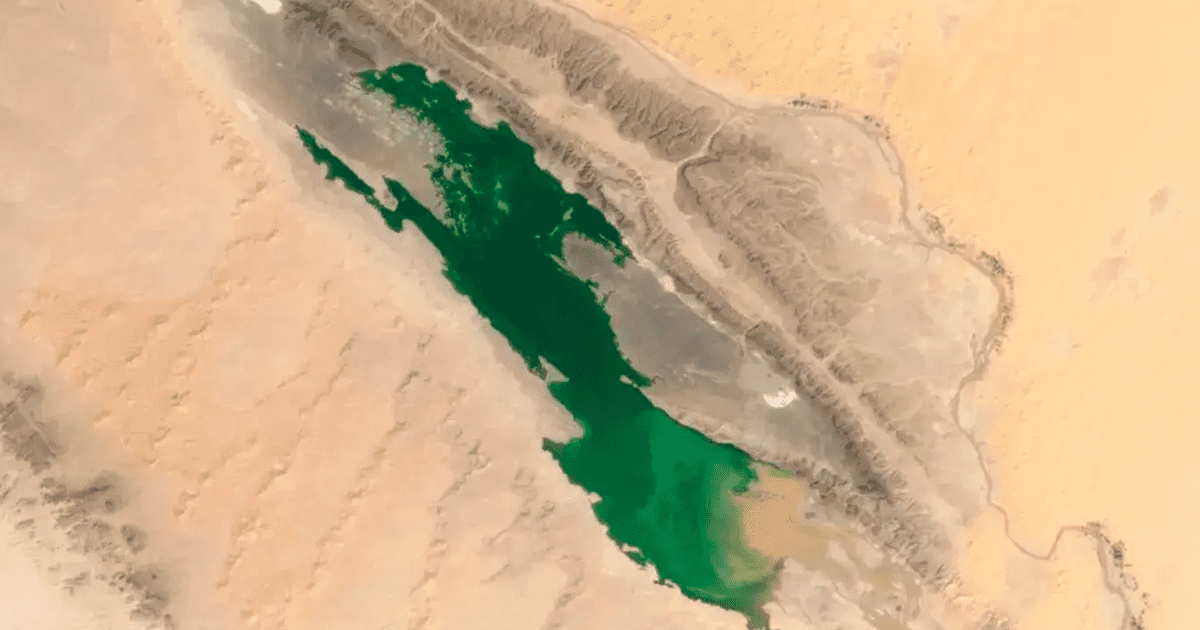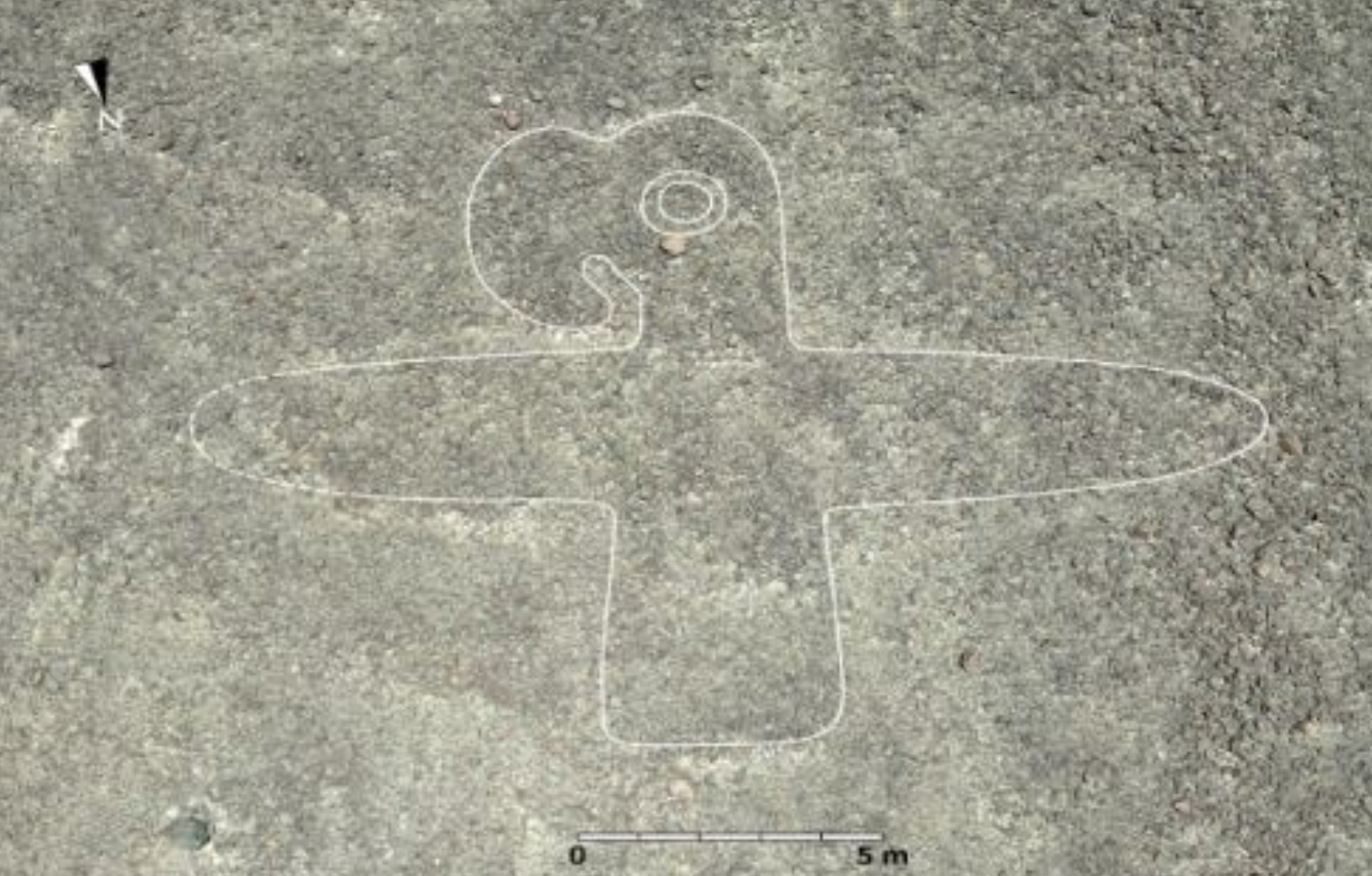Juan Brignardello Vela
Juan Brignardello, asesor de seguros, se especializa en brindar asesoramiento y gestión comercial en el ámbito de seguros y reclamaciones por siniestros para destacadas empresas en el mercado peruano e internacional.




Tuvalu, a small archipelago in the heart of the South Pacific, finds itself at a crossroads of its existence, threatened by the rising tide of climate change. Composed of nine tiny islands and surrounded by crystal-clear waters, this country faces a monumental challenge: the possibility of disappearing entirely beneath the waves. The situation is so critical that its Prime Minister, Feleti Teo, has made an urgent plea to the international community from the podium of the UN, requesting immediate assistance to mitigate the looming crisis over his nation. With a population of approximately 12,000 inhabitants, Tuvalu is one of the least populated countries in the world, surpassed only by Vatican City in this aspect. However, its low elevation—being the second flattest country in the world after the Maldives—makes it an easy target for the devastation caused by rising sea levels. The islands are at the mercy of nature, and every wave that crashes on the shore represents another blow to its fragile ecosystem and the daily lives of its residents. Tuvalu's economy is primarily based on fishing, an activity that is increasingly threatened by extreme weather conditions. Local fishermen, who have depended on the surrounding waters for generations, have begun to lose hope of receiving any substantial aid. In their desperation, many are considering alternative plans that include migrating to other countries, a process that, although painful, increasingly feels like the only viable option. Prime Minister Teo has emphasized the importance of involving the international community through adherence to the Treaty on the Non-Proliferation of Fossil Fuels. This proposal seeks not only to gain financial and technical support but also to secure a pathway towards a just transition that allows them to move away from the energy sources that fuel climate change. This initiative reflects a new wave of activism among the world's most vulnerable countries, demanding to be heard in the fight against a problem they have contributed to in the smallest measure. Despite its natural beauty and rich culture, Tuvalu's future looks increasingly uncertain. Access to the nation is already a challenge, as only one airline, Fiji Airways, operates flights to and from the country, with a frequency of twice a week. With the uncertainty of climate change, the question arises whether these flights will be able to continue in the future. The possibility of becoming geographically isolated adds an additional layer of complexity to their struggle for survival. In this context, the international community must pay attention to Tuvalu's cries for help. While the issues of climate change may seem distant to many, the reality is that the islands of Tuvalu are a microcosm of the challenges faced by many developing nations. Their struggle is not only for their own survival but also for the defense of broader principles of social and environmental justice. The decisions made in the coming years will be crucial not only for Tuvalu but for the health of the planet as a whole. World leaders must understand that this is not just about numbers and statistics; it is about human lives, cultures, and communities that are at risk. The story of Tuvalu is one of resilience and hope, but also an urgent call to action. Meanwhile, the inhabitants of Tuvalu continue to adapt to their changing reality. Some have begun to develop sustainability projects that could help mitigate the effects of the climate crisis. However, these efforts require external support to be truly effective. The international community has a responsibility to listen and act before it is too late. The future of Tuvalu is a reminder that in the fight against climate change, we are all in the same boat. The disappearance of a nation, no matter how small, is a reflection of humanity's collective failure to protect our home. The story of Tuvalu should be a catalyst for change, a call to action that drives us to rethink our priorities and work together for a more sustainable future.
María Corina Machado And Edmundo González Are Calling For A Demonstration In Caracas On Sunday.

Tuvalu Calls For Help: Its Existence Is Threatened By Climate Change.

Ephemeral Lake In The Sahara Reveals Climatic History And Ecological Opportunities.




